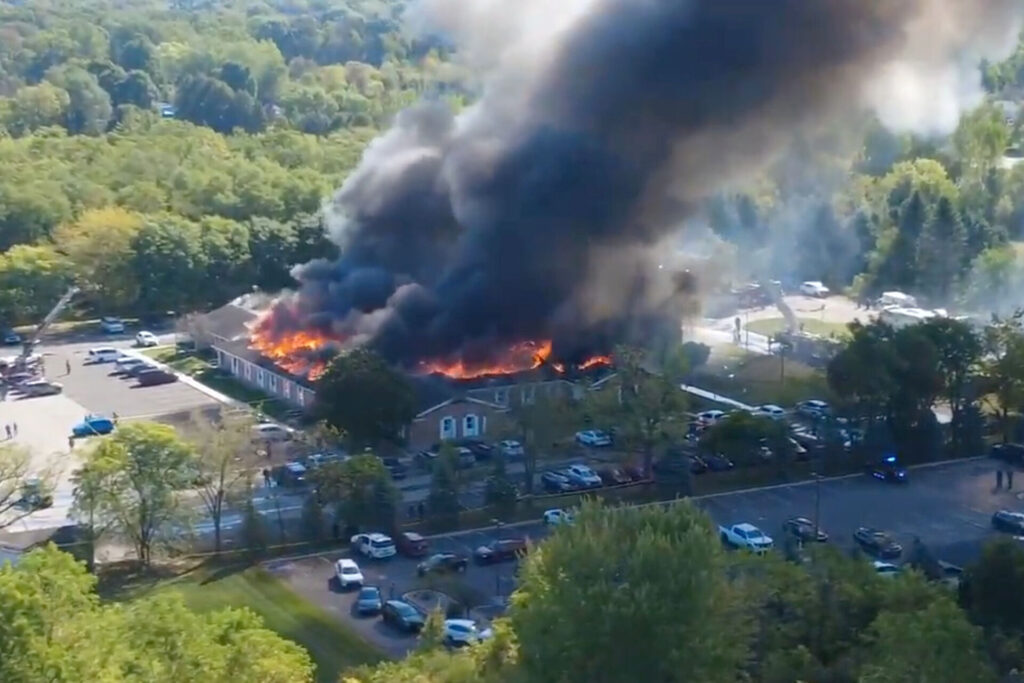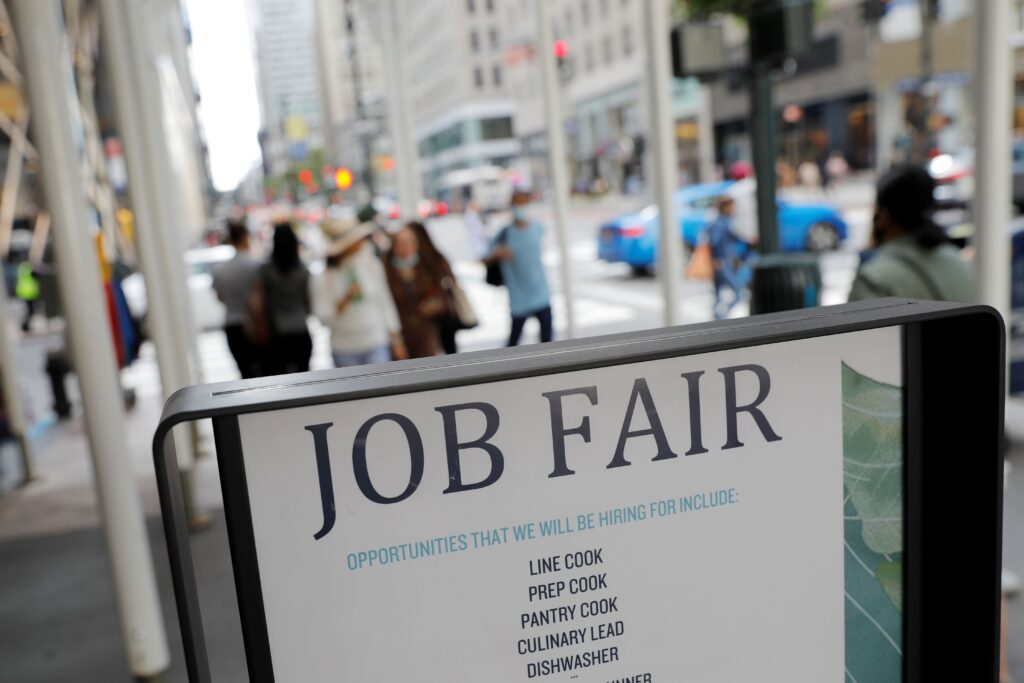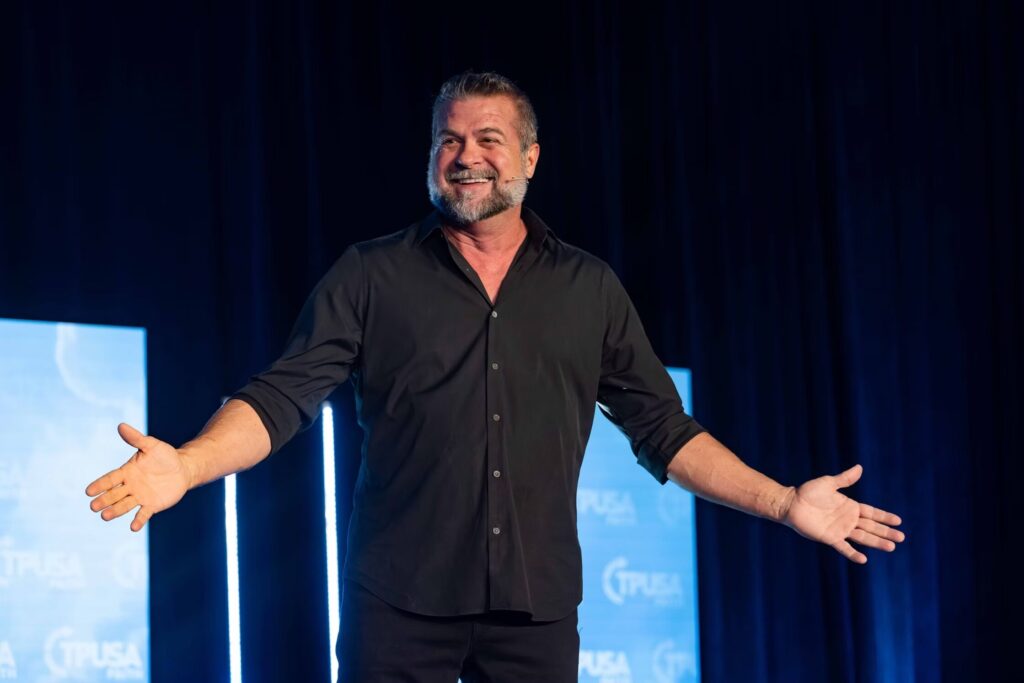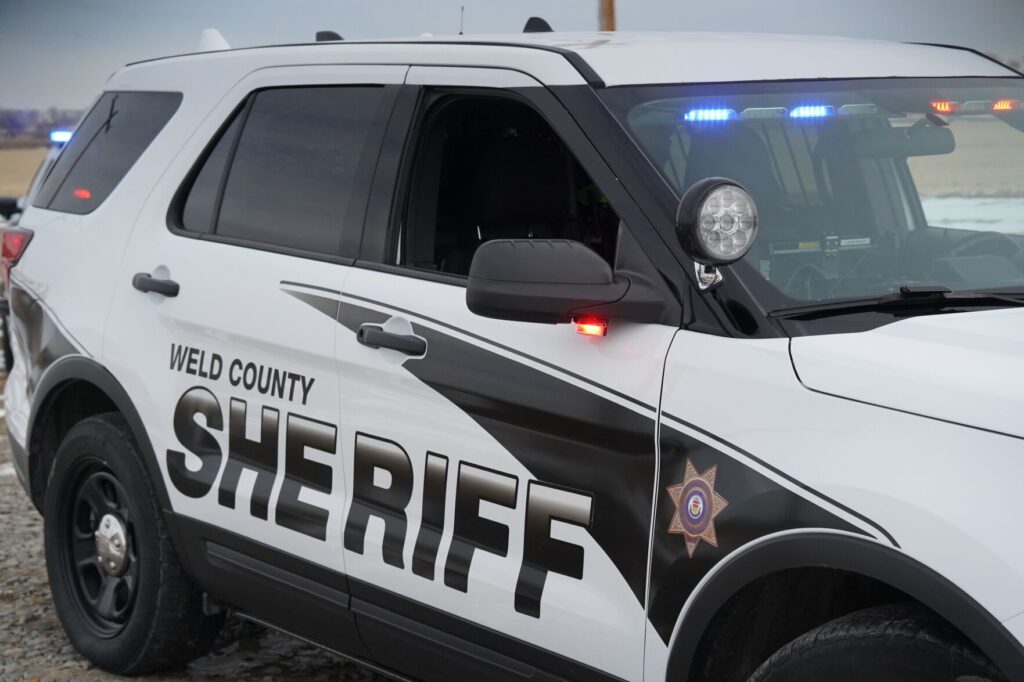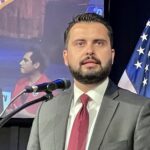‘Ambiguous grief’: Families of missing Coloradans find resources, hope, community at CBI event
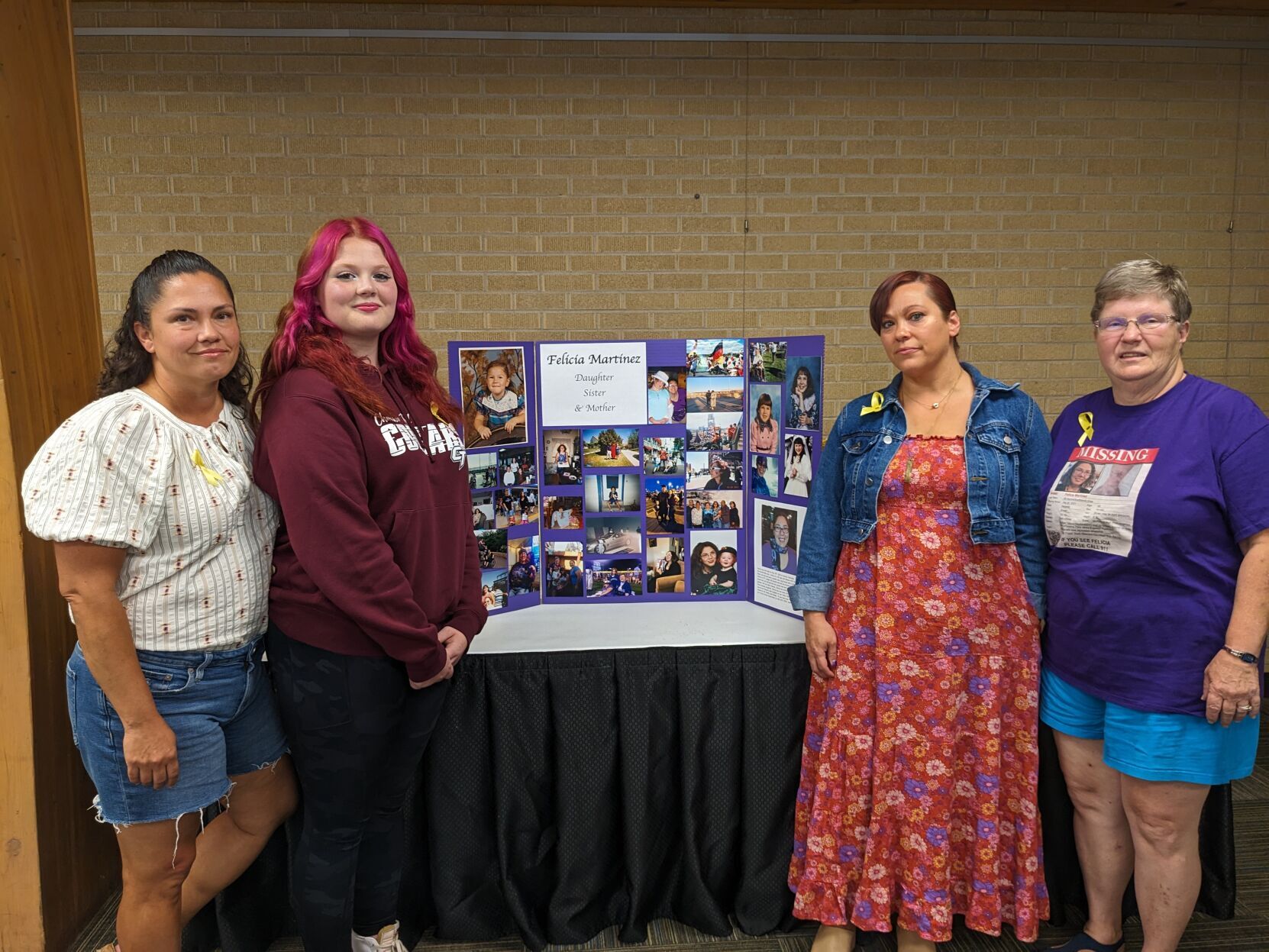
When Juan Uribe’s two daughters, Michelle and Ligia, went missing in 2002, social media and cellphones were at their genesis. AMBER Alerts, though a few years old, were not the efficient and widespread form of communication that they are today.
Uribe’s children – who he believes were taken to Mexico by their mother – were gone. And though Uribe has continued to fight lack of communication and bureaucratic sludge, the two have remained missing for 21 years.
Uribe believes that if outreach programs, like the Colorado Bureau of Investigation’s Missing in Colorado event held Saturday afternoon at the Lowry Conference Center, had been common back then, things may have been different.
“These small, statewide operations – like CBI – allow searches to become more personal but remain powerful,” Uribe said. “Seeing events like this give you a lot of hope.”
During Saturday’s event, CBI brought together various nonprofits, like the National Center for Missing and Exploited Children and NaMus (National Missing and Unidentified Persons System), law enforcement agencies and forensic professionals to provide information and data collection for families with missing members.
Audrey Simkins, investigative analyst for the State of Colorado, said the event lets families provide more information.
“If the person’s been missing for probably a year or more, we probably need to start thinking about identification,” Simkins said, pointing toward collecting dental records, genetic swabbing and other information from searching families.
“And because that’s so mentally taxing,” Simkins continued, “we end the day on a family luncheon so everyone can talk with others who are going through the same things. Some people are new to it and some people have been going through it for years. They can provide guidance on how they get through the days.”
Maddie Martinez, 14, lost her mother, Felicia Martinez, two years ago. Since, she has found both comfort and power in these communal events.
“Before all of this happened, I knew people were missing, but I thought there were never events like this,” Martinez said. “It’s crazy to think about how many people go missing and how many family members are without mothers, daughters, sons, cousins, all of that.”
She noted that it feels good to have “people to relate to” at these events.
Sonia Martinez, sister of Felicia, said these events help families, both in terms of gaining information and emotional understanding.
“There was a speaker here last year that talked about ambiguous grief,” she said. “Before then I had no real words to deal with these feelings and emotions I was having. It was kind of like a lightbulb went off… It definitely helped me see some additional resources on how to deal with that personally.”
But while emotional support and understanding are an underlying benefit from community events like Missing in Colorado, the mission remains finding those that are missing.
There are 1,282 active missing persons in Colorado as of August, Simkins said. She notes that while the number looks alarming, a lot of those issues will be resolved quickly.
But there are still too many missing persons, regardless of resolution rates.
Simkins urges you to keep aware, for both you and those around you. She said to keep an eye open after seeing missing person alerts and “just be vigilant in your own life, right? Making sure that you’re not putting yourself in potentially risky positions.”
“The biggest help is being aware of the people and children that are missing and understanding the resources that are out there,” said Joe Kistle, Team Adam consultant for the National Center for Missing and Exploited Children.
“Support those resources and support those families … There’s so much there that needs to be continually looked at until they’re brought home.”
Families will continue to search for their loved ones with the help of local resources, bureaus and other families. CBI will continue to make those resources available through their efforts and outreach events.
“In the state level, you can make a big difference on big issues,” Uribe said. “You have to keep hopeful and logical and work together… When you open one case, others will fall.”
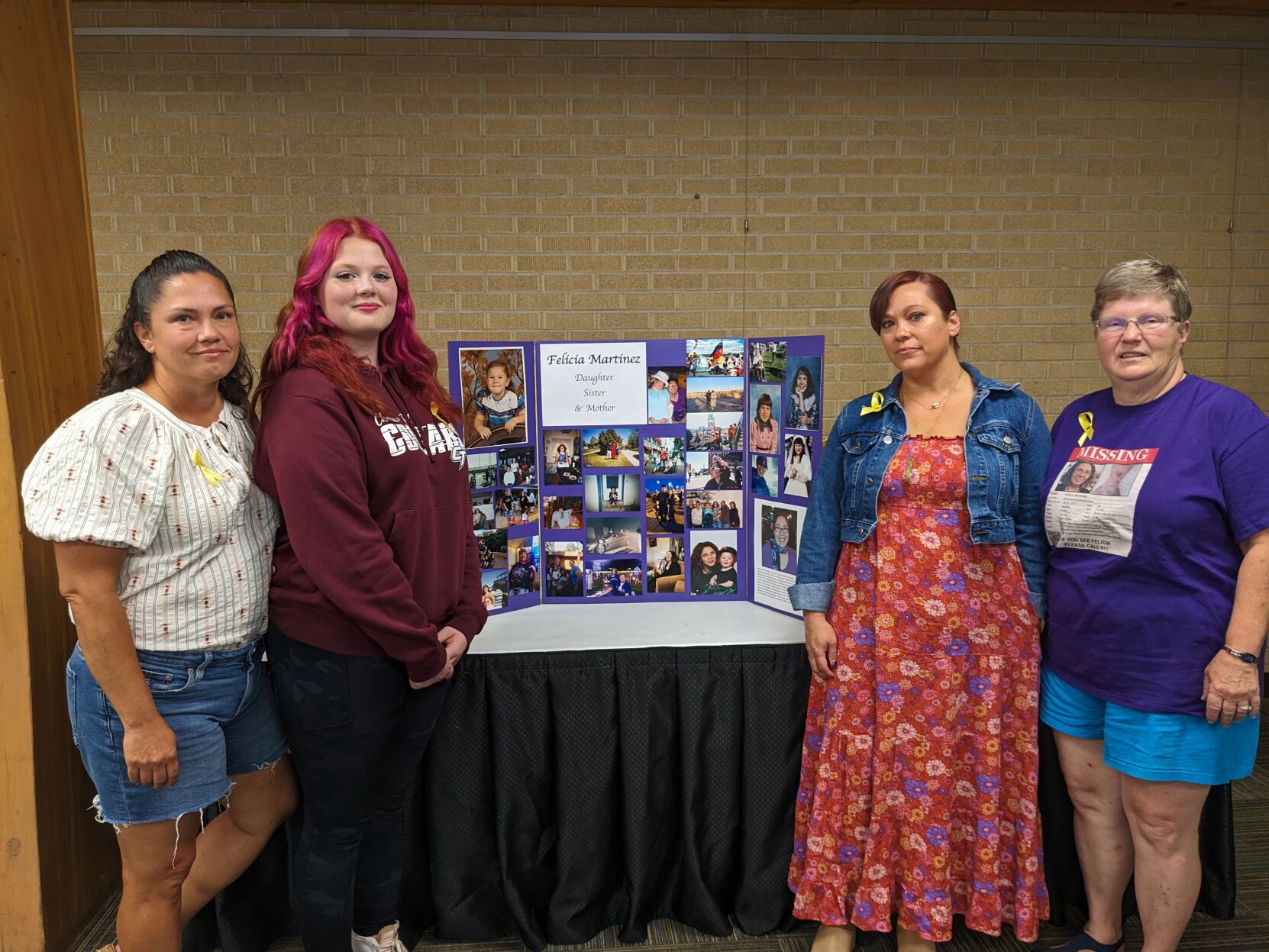
sage.kelley@denvergazette.com


